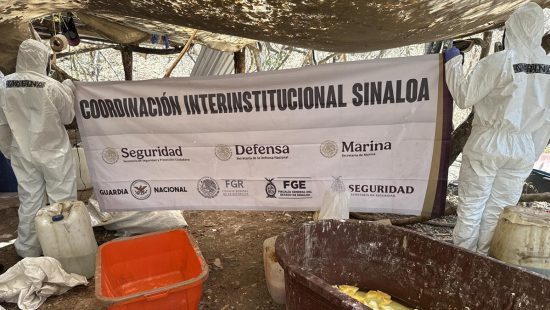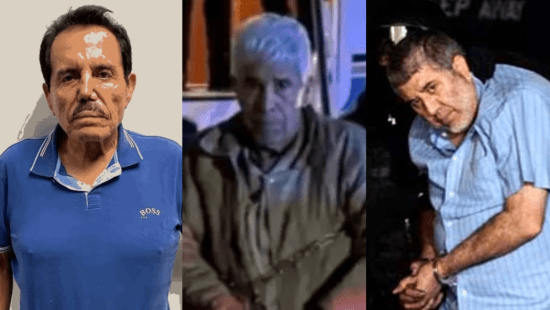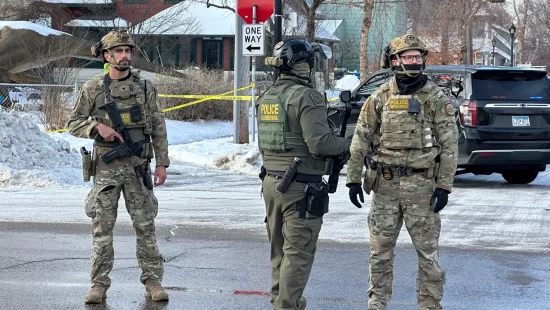Gabriel Jesús Sarmiento Rodríguez, a 25-year-old man known on TikTok for denouncing police officers and criminal gangs like the Aragua Train, was shot and killed on Sunday during a live broadcast from his home in Maracay, Aragua state. The crime, captured in real time by hundreds of viewers, shocked public opinion and raised alarms about the risks faced by whistleblowers in Venezuela.
With nearly 80,000 followers on the platform, Sarmiento had become an uncomfortable voice for sectors of power. In his most recent posts, he directly pointed the finger at members of the Directorate of Strategic and Tactical Actions (DAET), as well as criminal structures linked to the Aragua Train and the Tren del Llano. He accused these networks of operating with the complicity of state security forces.
The broadcast that ended his life began as just another denunciation. But shortly after, banging on the door and his mother’s cries for help were heard. “They shot me, they shot me!” Sarmiento managed to say before falling to the ground. In the final seconds of the video, bloodstains and the silhouettes of two armed men can be seen. His mother was also wounded, shot in the abdomen.
Ongoing investigation
Attorney General Tarek William Saab reported that the 69th National Prosecutor’s Office, which handles organized crime, was designated to investigate the case. The Public Prosecutor’s Office confirmed that Sarmiento had reported threats from “structured organized crime groups” (GEDO) and alleged police officers.
“We are plagued by criminal officers who work with common criminals, like this evil citizen,” Sarmiento said days before his death. In another video, he reported being kidnapped by the DAET (National Anti-Terrorist Task Force) and revealed the existence of an extortion network operating from La Morita prison, where he was briefly detained. He didn’t spare names: he mentioned government figures such as Diosdado Cabello and Governor Karina Carpio, whom he blamed for allowing collusion between gangs and security forces.
Reach of the Aragua Train
The murder rekindled the debate about the reach of the Aragua Train, a mega-gang that emerged in the Tocorón prison and was led by Héctor “Niño” Guerrero. Although the government claims to have dismantled it, intelligence reports and international organizations maintain that it still operates inside and outside the country. Last February, the United States included it on its list of foreign terrorist organizations.
Sarmiento’s execution adds to a series of murders of journalists and influencers in Latin America. In May, a young woman, Valeria Márquez, was executed while broadcasting from Jalisco, Mexico. The similarities have raised alarms among human rights organizations, which warn of a trend of violent silencing against those who speak out on digital platforms.
International Context and Digital Repression
The Tren de Aragua criminal megagang has been the subject of growing international attention due to its transnational expansion. According to an Insight Crime report (April 2025), this organization—born in the Tocorón prison—has expanded operations to at least seven countries, including Colombia, Peru, Brazil, Chile, Ecuador, Bolivia, and Panama, engaging in crimes such as extortion, human trafficking, homicides, and drug trafficking.
According to the United Nations Office on Drugs and Crime (UNODC), the network maintains hierarchical structures operating even outside prisons, despite the government’s announcement of its intervention in Tocorón in 2023. Reports indicate that leaders such as Héctor Guerrero Flores, alias “Niño Guerrero,” managed to evade capture.
Regarding the inclusion of Tren de Aragua on the list of transnational criminal organizations, the U.S. State Department formalized this designation on February 15, 2025, stating that the gang represents a direct threat to hemispheric security.
Venezuela ranks 177 out of 180 on Transparency International’s 2024 Corruption Perceptions Index, reinforcing allegations of collusion between law enforcement and gangs. Organizations such as Provea and Espacio Público have warned about digital repression and the risks to communicators on platforms like TikTok, compared to traditional media censorship.
Sarmiento’s murder also fits into a pattern documented by the IACHR’s Special Rapporteur for Freedom of Expression, which in its 2024 report warned of at least 14 cases of lethal violence against influencers and journalists in Latin America who used social media to report or report on citizens.








